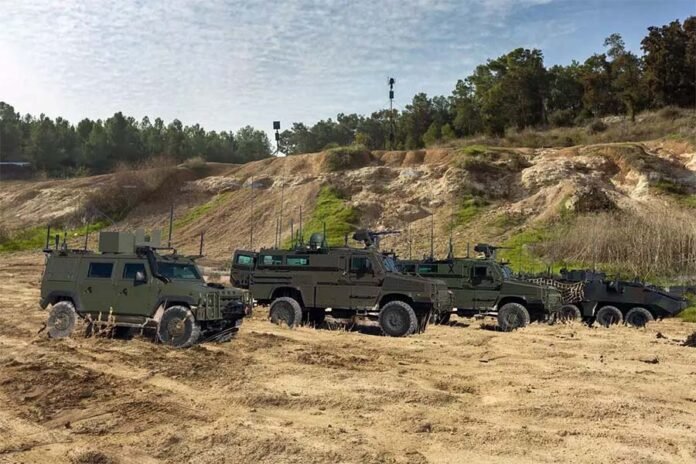New Delhi: Home Minister Amit Shah announced the establishment of a comprehensive anti-drone unit aimed at enhancing India’s border security, particularly in response to the increasing threat posed by unmanned aerial vehicles (UAVs). This announcement was made during the 60th Raising Day celebration of the Border Security Force (BSF) held in Jodhpur, Rajasthan, on December 8.
The need for this specialised unit arises from the escalating use of drones for illicit activities, including smuggling weapons and drugs across the India-Pakistan border. Shah emphasised that the drone threat is expected to intensify in the near future, necessitating a robust governmental response that involves collaboration among various defence and research organisations, including the Defence Research and Development Organisation (DRDO) .
Shah highlighted the success of existing measures, particularly a laser-equipped anti-drone gun system, which has significantly improved drone detection and neutralisation rates along the Punjab border. The effectiveness of this system has surged from just 3% to 55% in neutralizing drones since its deployment. In 2024 alone, over 260 drones have been intercepted or recovered compared to approximately 110 in 2023, indicating a marked increase in drone activity along this frontier .
The comprehensive anti-drone unit will be part of a broader strategy that includes integrating efforts from various departments to tackle drone-related challenges effectively.
Comprehensive Integrated Border Management System (CIBMS) which is an ongoing project aiming to enhance security measures along India’s extensive borders with Pakistan (2,289 km) and Bangladesh (4,096 km). Initial feedback from CIBMS has been positive, particularly in areas like Assam’s Dhubri .
This initiative focuses on developing infrastructure in northern border villages to mainstream these areas economically and socially. A significant budget allocation has been made for this purpose .
The establishment of a dedicated anti-drone unit underscores India’s commitment to strengthening its border security amid evolving threats from UAVs. With increased funding and strategic initiatives underway, the government aims to enhance operational capabilities of forces like the BSF, which is tasked with securing over 6,300 km of borders with Pakistan and Bangladesh.
Raksha Anirveda's editorial desk team brings in the collective experience of creative professionals - a fine mix of senior copy editors, writers, proofreaders and designers. Working as a team, they continuously create, manage, and curate content to sustain the magazine's profile and reputation in line with market trends and achieve magazine's goal.





